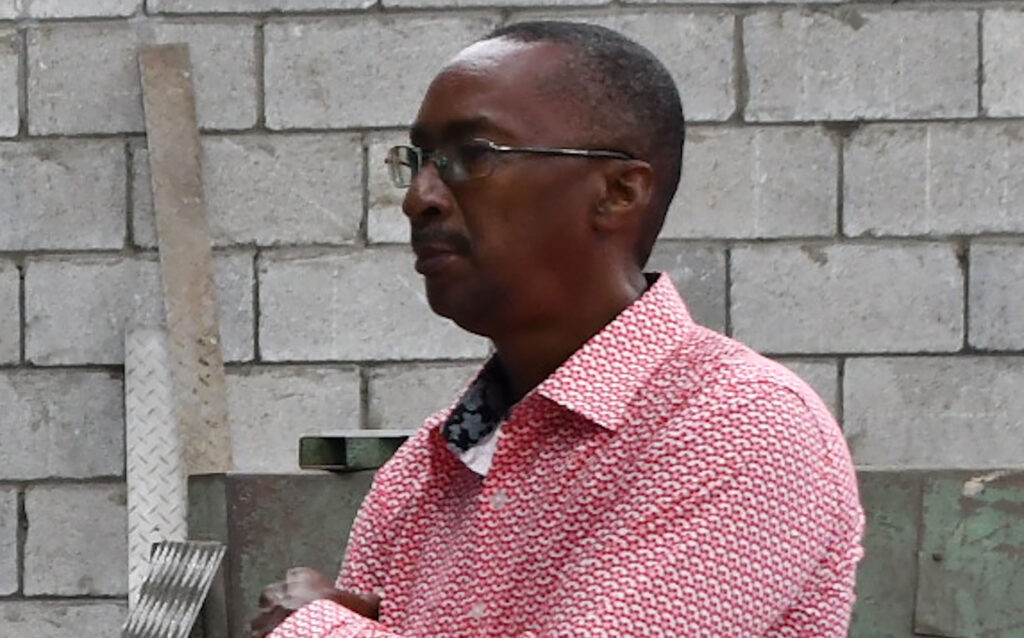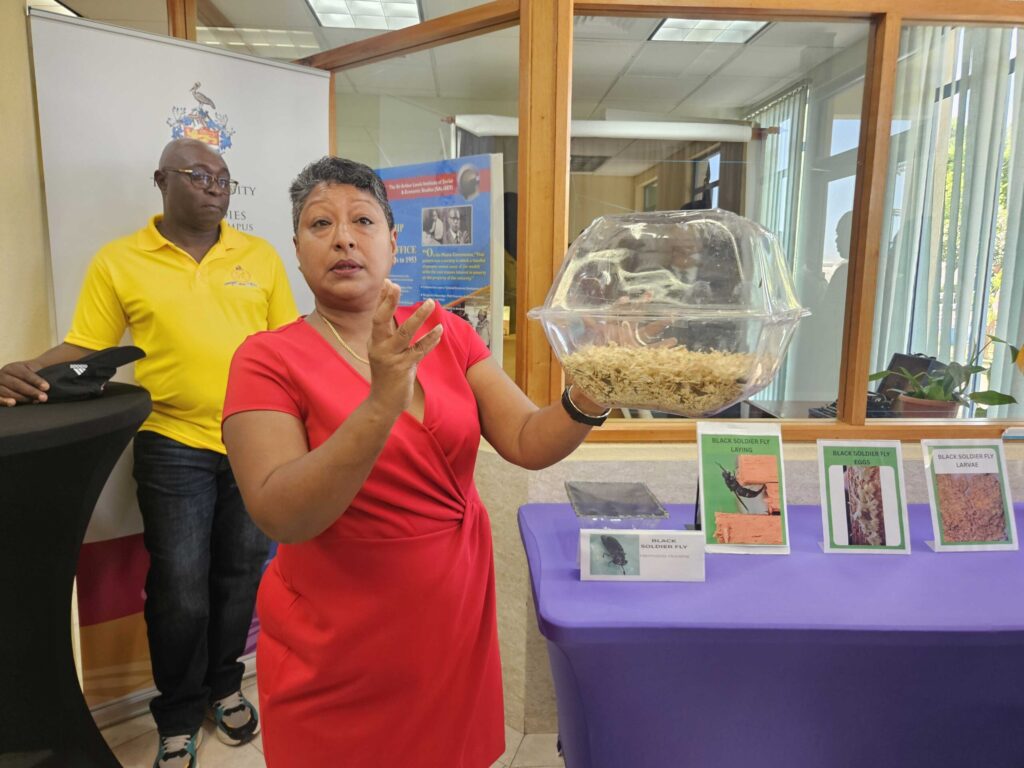Scientists have hailed a major advancement in hurricane prediction in the Caribbean following the successful completion of a field experiment to gather data from a glider darting through the ocean.
Its findings are already changing the accuracy of forecasts, and could reshape regional disaster preparedness and early warning systems across island and coastal territories, experts said.
The Vetlesen Caribbean Hurricane Ocean Glider Science Field Experiment, led by the Caribbean Institute for Meteorology and Hydrology (CIMH) in collaboration with Rutgers University and other partners, has already produced data that could transform the accuracy of hurricane forecasting across the region, said CIMH principal, Dr David Farrell.
The glider, an autonomous underwater vehicle, spent three months collecting ocean temperature and salinity readings between Barbados, Guyana and Trinidad.
“The purpose of this was to retrieve ocean information which supports decision-making and strengthening of further ocean models within the region,” Dr Farrell said.
“The key thing we are using the gliders for is to understand the spatial variations in temperature and salinity. Understanding this variability and the measurements are crucial to understanding how hurricanes develop and strengthen as they pass the Caribbean Sea.
“But it is also important for fisheries and a lot of other on-sea activities, and so having this understanding really improves our decision-making and our governance activities for oceans in this part of the world.
“The mission proved us right as, when we analysed the data, we found it corrected long-standing weaknesses in existing ocean models and improved hurricane forecasts well beyond the areas directly surveyed.”
Scott Glenn, a noted professor of marine sciences at Rutgers University, added: “We were surprised by how widespread the influence was. We saw the data from this one glider off Barbados improving ocean forecasts across the islands in the Antilles.”
This finding means that data collected in one location can strengthen forecast accuracy across the region – a development researchers believe will make a significant difference in earlier warning systems and better organised disaster preparedness.
At the heart of this project, which both Prof. Glenn and Dr Farrell said “won’t be called an experiment after a while but an operational, sustainable and long-term, routine activity to better prepare governance practices and ocean protection”, is the relationship between the ocean and the atmosphere.
Since warm ocean surfaces can intensify hurricanes and cooler waters tend to weaken them, the team’s goal is to better capture those ocean conditions within forecasting models to predict not only where a storm is heading but also how strong it is likely to become. This is a result of feeding the data provided from the glider into computer models which can generate more precise predictions while giving emergency officials and communities valuable extra time to prepare.
In addition to improving forecasts, the project connects the Caribbean to a wider global effort known as the Sentinel Initiative, which links glider operations across Africa, Australia and South America. This global network aims to strengthen understanding of how the world’s oceans influence weather and climate, and it positions the Caribbean as an important partner in international ocean research.
Dr Farrell said: “What we are adding to is the information that helps people prepare better as we move towards the hurricane season. But I certainly don’t want people to believe that we are at the end of the hurricane season and everything is well. We are still looking at significant weather out there and the thing is we are also looking at the impact of oceans on weather, from significant rainfall to strong convective activity, and so on.”
As the hurricane season enters its final weeks, the head of the regional met research institute emphasised the broader value of the glider mission while urging vigilance.
He said: “The lessons from this experiment combined with ongoing monitoring will guide future forecasting and preparedness across the region. With more accurate information now available, the Caribbean is better positioned to face the weather that may come.”
(DT)
The post ‘Breakthrough’ in hurricane forecasts from ocean glider data appeared first on Barbados Today.


